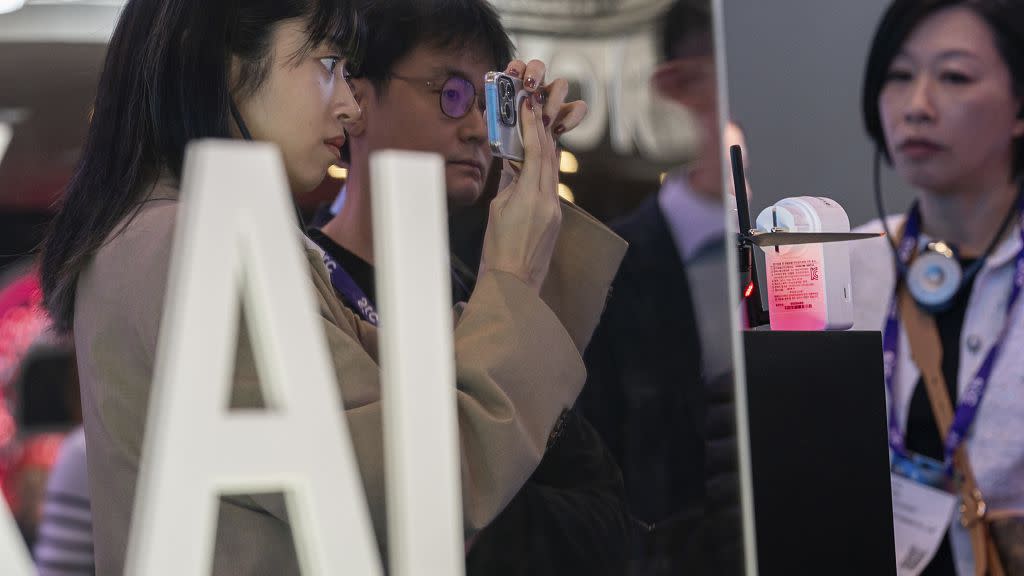London is Europe’s biggest hub for generative AI, report finds

London is Europe’s biggest hub for generative artificial intelligence (genAI), with almost 30 per cent of Europe’s new startups based in the UK capital, according to a new study by venture capitalist firm Accel and Dealroom.
Their report analysed 221 startups and their founders throughout Europe and Israel over a six month period and said the funding amounts are up to date to June 11, 2024.
When it comes to venture capital, France leads the way with $2.29 billion (€2.1 billion) over the UK’s $1.15 billion (€1 billion) poured into startups from 2021 to 2024.
Germany also saw some major investments, with $636 million (€593.6 million).
In 2024, European and Israeli generative AI startups are expected to reach over $45 billion (€41.9 billion) in funding by the end of the year, up from $25 billion (€23.3 billion) in 2023.
Accel defines generative AI as artificial intelligence that is “capable of generating text, images, videos or other data”.
Measures of success
The report attributes the UK’s success in GenAI in part to the founding of DeepMind in 2015, where it’s been “at the core” of the UK’s industry for “more than a decade”.
Many AI founders come from the UK’s major universities, like Imperial College London, the University of Cambridge, and the University of Oxford that often have backing from Big Tech companies.
For example, Google partnered with the University of Cambridge for a multi-year research collaboration and a human-inspired AI centre.
Microsoft announced in April that they opened a new London office for AI research, something the report says will continue “the UK’s AI momentum”.
Three of Europe’s best-funded AI companies, however, are located in France: Mistral AI, Owkin and Hugging Face.
According to media reports, Mistral AI raised €600 million in new funding last week and has backers in Microsoft and OpenAI.
The success of AI companies in France comes from a high number of math, computer science and engineering graduates in the country.
The report singles out universities like the Ecole Normale Superieure, Université Pierre et Marie Curie, and Ecole Polytechnique.
The number of high-quality graduates from these universities inspired Meta to open up a Fundamental AI Research (FAIR) lab in 2015, followed soon after by Google, which is now housing 300 researchers and engineers in its Paris AI hub.

 Yahoo News
Yahoo News 
